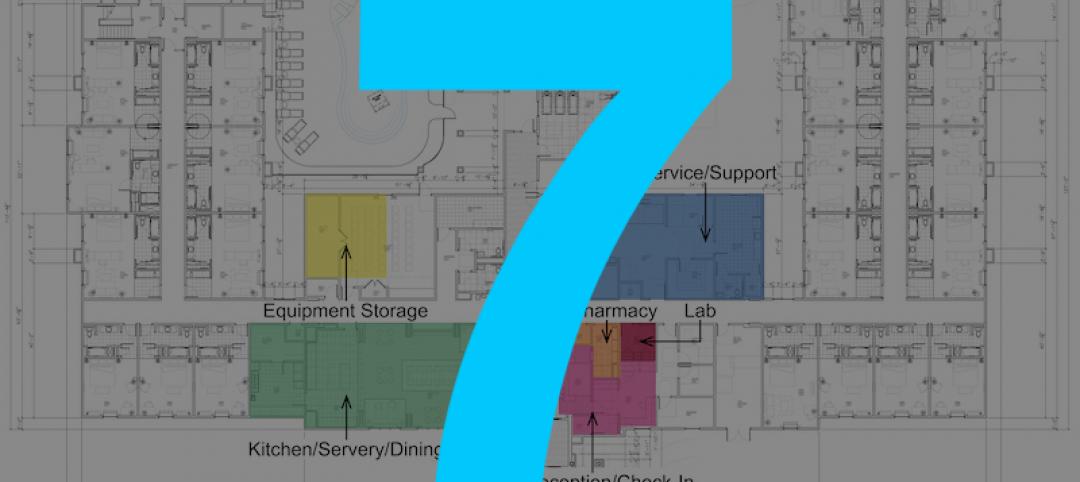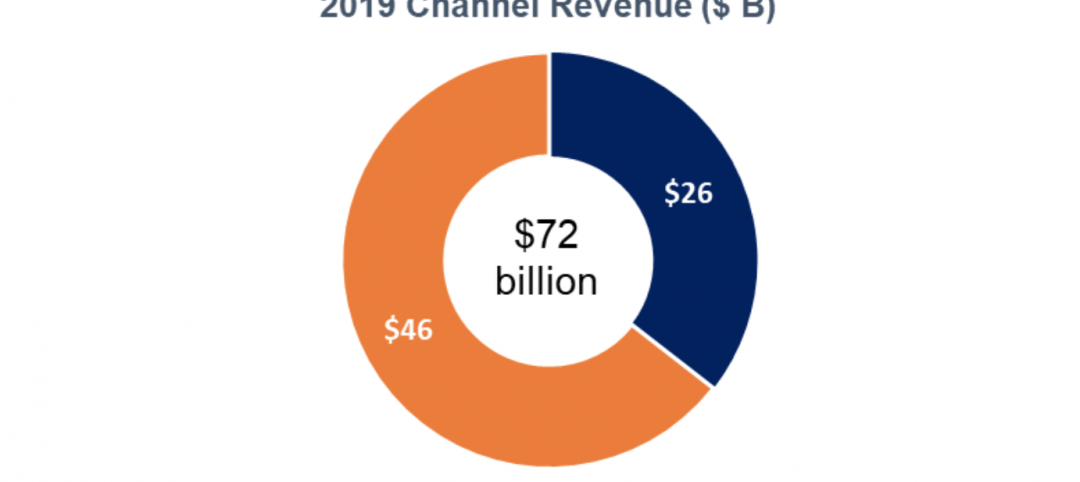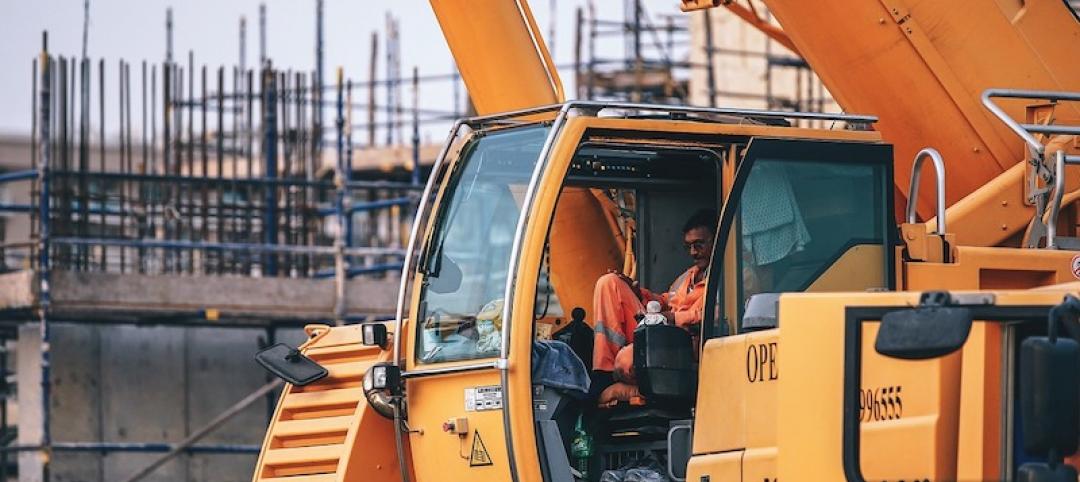In an effort to support the COVID-19 response, the American Institute of Architects (AIA) has launched a task force to help inform public officials, healthcare facility owners and architects on adapting buildings into temporary healthcare facilities.
“On a daily basis, I am hearing from our architects who feel a deep sense of moral duty to support our healthcare providers on the frontlines of this pandemic,” said AIA 2020 President Jane Frederick, FAIA. “As our communities assess buildings to address growing surge capacity, we hope this task force will be a resource to ensure buildings are appropriately and safely adapted for our doctors and nurses.”
AIA encourages federal, state and local government to adapt appropriate existing buildings to meet the growing healthcare and quarantine needs resulting from the COVID-19 pandemic.
The task force is charged with developing a COVID-19 Rapid Response Safety Space Assessment for AIA members that will include considerations for the suitability of buildings, spaces, and other sites for patient care. The assessment will be developed by architects with a wide range of expertise, including healthcare facility design, urban design, public health and disaster assistance.
“During the COVID-19 pandemic public health response there is an unprecedented need for the adaptive reuse of buildings to serve a variety of functions,” said environmental health scientist Dr. Molly Scanlon, FAIA, FACHA, who is the director of standards, compliance and research at Phigenics. “Architects and our allied design and construction professionals are in a unique position to leverage our advanced problem-solving skills to bring forth ideas for community implementation.”
The task force—chaired by Dr. Scanlon—plans to release its report in early April in an effort to help inform decisions to address the pandemic.
“This is a race against time for healthcare facilities to meet bed surge capacity needs” said AIA Academy of Architecture for Health President Kirsten Waltz, AIA, ACHA, EDAC, LEED, who is the director of facilities, planning and design at Baystate Health. “This task force will help inform best practices for quickly assessing building inventory and identifying locations that are most appropriate to be adapted for this crisis.”
Waltz and other members of the task force are helping bridge the needs of healthcare providers by modifying hospitals and smaller facilities to meet the growing bed surge demand and to increase areas for medical screening, triage, and other patient care.
Related Stories
Market Data | Apr 10, 2020
5 must reads for the AEC industry today: April 10, 2020
Designing for the next generation of student life and a mass timber Ramada Hotel rises in British Columbia.
Market Data | Apr 9, 2020
7 must reads for the AEC industry today: April 9, 2020
Urine could be the key to building in outer space and how to turn a high school into a patient care center in just over two weeks.
Market Data | Apr 8, 2020
6 must reads for the AEC industry today: April 8, 2020
Stantec discusses how hospitals can adapt buildings to address worst-case scenarios and FXCollaborative Architects tells us why cities will survive the pandemic.
Market Data | Apr 7, 2020
7 must reads for the AEC industry today: April 7, 2020
Leo A Daly's Hotel2Hospital prototype takes shape, while the number of delayed projects reaches 2,550 in the U.S. amid coronavirus pandemic.
Market Data | Apr 3, 2020
COVID-19 cuts nonresidential construction employment in March
The construction unemployment rate was 6.9% in March, up 1.7 percentage points from the same time one year ago.
Market Data | Apr 1, 2020
February’s construction spending decline indicates what’s to come
Private nonresidential spending declined 2% on a monthly basis and is down 0.7% compared to February 2019.
Market Data | Mar 26, 2020
Senate coronavirus relief bill's tax and lending provisions will help construction firms, but industry needs additional measures
Construction officials say measure will help firms cope with immediate cash flow crunch, but industry needs compensation for losses.
Market Data | Mar 25, 2020
Engineering and construction materials prices fall for first time in 40 months on coronavirus impacts, IHS Markit says
Survey respondents reported falling prices for five out of the 12 components within the materials and equipment sub-index.
Market Data | Mar 23, 2020
Coronavirus will reshape UAE construction
The impact of the virus has been felt in the UAE, where precautionary measures have been implemented to combat the spread of the virus through social distancing.

















